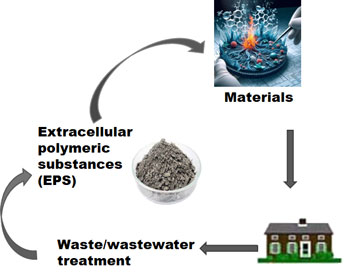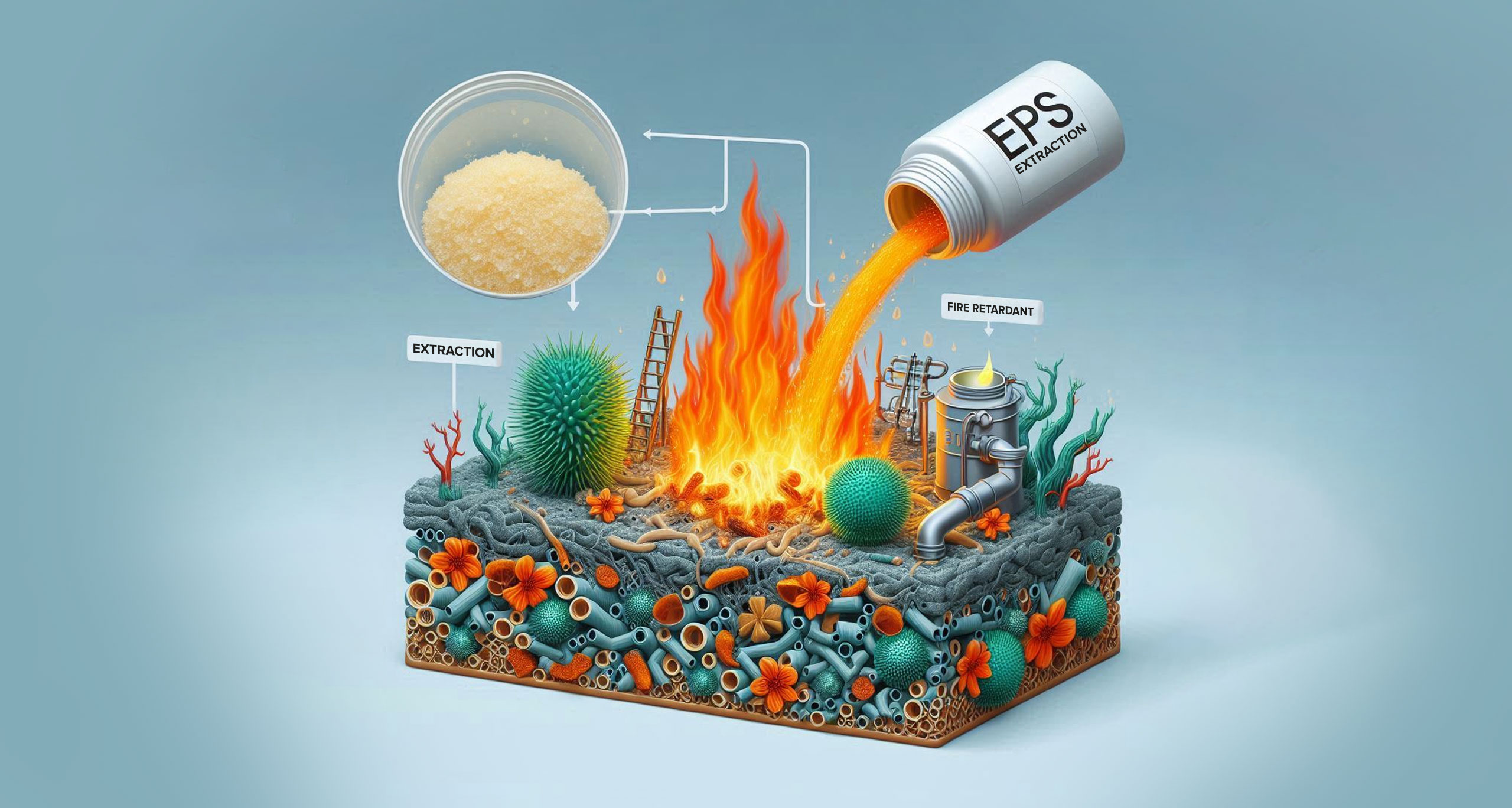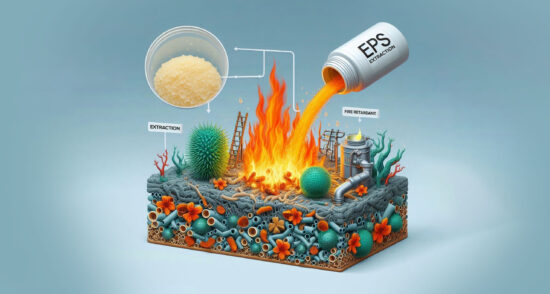
Course introduction
The Advanced Course “EPS for resource recovery: from fundamentals to application” aims at introducing the state-of-the-art methodologies for the isolation, identification and characterization of EPS components with a special focus on the glycans that mediates cell-cell and cell-environment interactions; explain how to evaluate the genetic potential and uncover the regulation of the synthesis of EPS component; and complement with the product development based on the properties of EPS. A substantial part (ca. 40% of the time) will be dedicated to hands-on exercises in teams of 3-4 participants with extensively applying and integrating instrumental analysis and bioinformatic tools. The lectures and hands-on exercises will be supplemented with a visit to the full-scale wastewater treatment plant using aerobic granular sludge technology (also known as “Nereda technology”), and one of the world’s first two demonstration-scale installations to extract EPS from Nereda® granules, which will provide the case study of resource recovery from excess sludge.
12 - 16 May 2025 Delft University of Technology, the Netherlands
Advanced Course EPS for resource recovery – from fundamentals to application
Programme
This one-week course is intensive. To ensure active participation by those attending, a combination of theoretical (lectures) and practical (lab experiments, exercises) work is offered. Some online preparatory materials will be given to ensure all the participants have the same basic knowledge.
Lectures
The core lectures are mainly scheduled in the mornings and will focus on the following themes:
- EPS isolation and chemical characterization
- Introduction to metagenomic analyses of microbial communities and exploring metabolic pathways in MAGs
- EPS physical property characterization
- EPS as a resource
Lab experiments and exercises
The hands-on exercises are scheduled in the afternoons and will focus on the following themes:
-
- EPS extraction
- Sugar monomer analysis by HPAEC-PAD
- Glycan visualization by lectin staining (sialic acids as one example)
- Functional groups analysis by FTIR and 2D COS data treatment
- EPS NMR spectrum analysis
- Identification of glycans (including exopolysaccharides and sugar monomers) metabolic pathway and phylogenetic visualization of query genes using epsSMASH
- Particle size and settling velocity measurement and EPS rheology analysis
- Quick screening test towards EPS application
Advanced Course EPS for resource recovery – from fundamentals to application
Who should attend?
This Advanced Course is aimed at professionals (MSc, PhD or equivalent experience) in biotechnology, water sanitation, environmental engineering and chemical engineering with a working knowledge of chemistry and bioprocess. The course is primarily aimed at those who are already interested in the EPS research and developing EPS-related products, and who wish to update their theoretical knowledge and practical insight in this field. We can host a limited number of participants. A short motivation letter can be requested after registration, before we can confirm your participation.

Advanced Course EPS for resource recovery – from fundamentals to application
Fee
*To be eligible for the reduced early bird fee you need to register before 03-03-2025. If this date is exceeded, the regular fee applies.
**A limited number of fellowships is available for PhD students and SME’s (small/medium enterprise). Fellowships will be available on a first-come-first-serve basis. To apply as to one of these fellowships, please include a copy either of your registration as a PhD student from your university or a proof of the SME-status of the company you work at.
The fee includes course materials, lunches and the buffets and the course dinners as indicated on the program. The fee does not cover other meals or lodging.
The course fee
Early bird*
€ 2.500,-
Regular fee
€ 2.750,-
Small and medium-sized enterprises (SME/Startups/scaleups)**
€ 2.250,-
Small and medium-sized enterprises (SME/Startups/scaleups) of Biotech Campus Delft**
€ 1.750,-
PhD Students**
€ 1.750,-
Advanced Course EPS for resource recovery – from fundamentals to application
Course board members

Dr. Yuemei Lin
Board member
Dr. Mario Pronk
Board member

